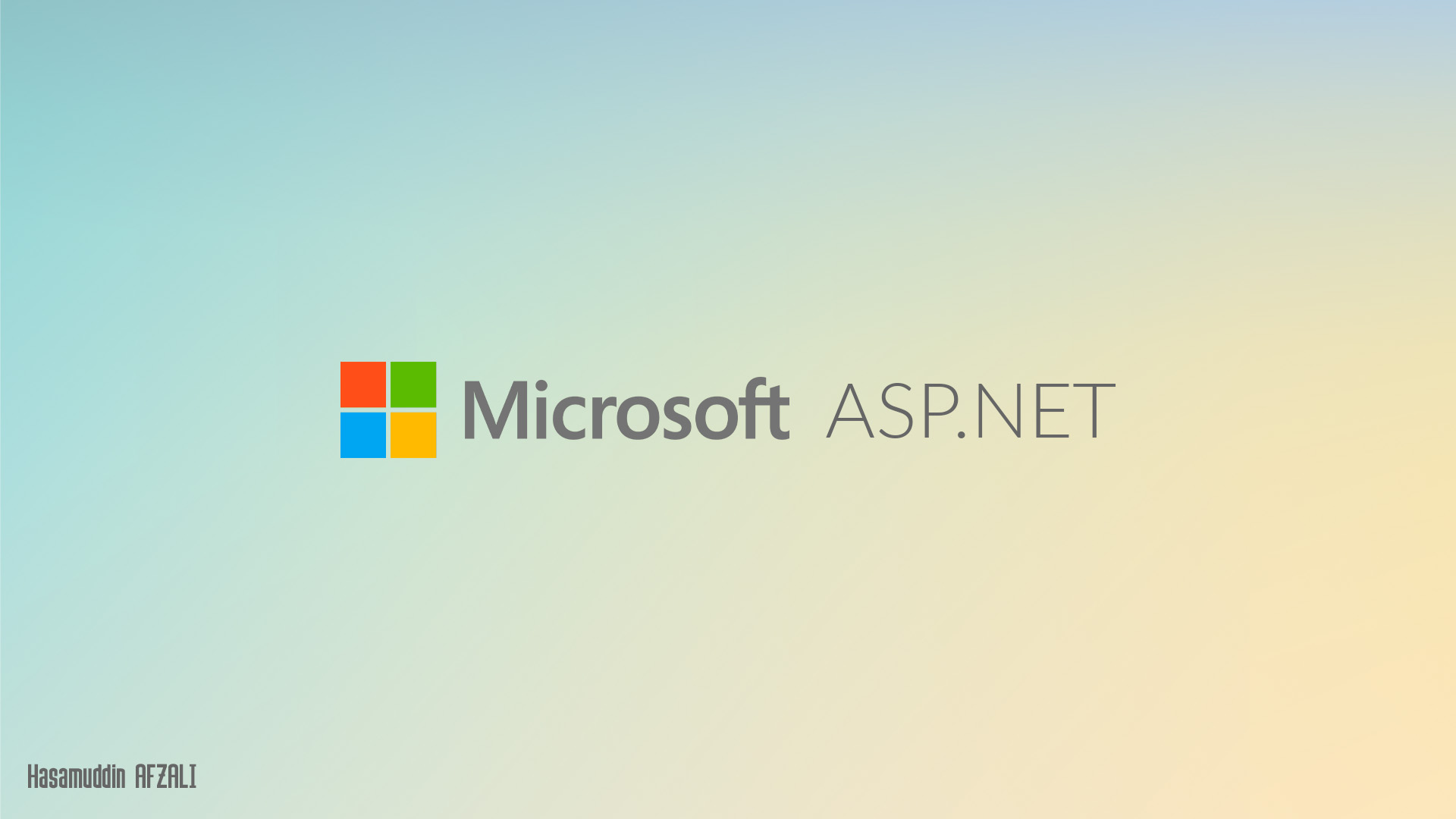Developed by Microsoft, .NET is a powerful, secure, and high-performance platform for building a wide range of applications. It supports programming languages like C#, which is strongly typed, type-safe, and features built-in support for concurrency and automatic memory management. In this post, we’ll explore the basics of the .NET ecosystem, its usage areas, and the differences between .NET Framework and .NET Core, as well as ASP.NET and ASP.NET Core.
1. What is .NET?
.NET is a versatile application development platform that provides the following benefits:
- Security and Reliability: Its robust architecture ensures that your applications are safe and dependable.
- Versatility: Suitable for web, desktop, mobile, cloud, and even game development.
- Rich Libraries and Tools: With the Common Language Runtime (CLR) at its core, .NET offers a wide collection of libraries and a variety of development tools.
- C# Integration: C# is a primary language for .NET development, offering strong typing, type safety, concurrency support, and automatic memory management.
For more detailed information, visit the official .NET documentation.
Areas of Usage
.NET’s flexibility allows it to be used in many applications, including:
- Windows Applications: Build desktop applications using technologies like Windows Forms and WPF.
- Web Applications: Develop dynamic websites, web applications, and web services with ASP.NET.
- Mobile Applications: Mobile apps using Xamarin.
- Cloud-Based Solutions: Ideal for building cloud service systems and microservices architectures.
- Game Development: Leverage .NET integration in game engines like Unity.
2. .NET Framework vs. .NET Core
.NET Framework
- Platform: Developed exclusively for Windows.
- Architecture: Monolithic structure; comes with a comprehensive set of libraries as part of the framework.
- Distribution: Bundled with Windows; updates and upgrades are managed through the operating system.
- Application Types:
- Desktop applications (Windows Forms, WPF)
- Web applications using ASP.NET (Web Forms, MVC)
- Modularity: Libraries and components are static, meaning that most features are included by default.
.NET Core
- Platform: Cross-platform support (Windows, macOS, Linux).
- Architecture: Modular, lightweight, and open-source; you only include the components you need via NuGet packages.
- Distribution: Can be distributed with the application or separately; dependencies can be packaged within the application.
- Application Types:
- Modern web applications and APIs with ASP.NET Core
- Console applications, microservices architectures, and cloud-based solutions
- Performance: Generally fast, lightweight, and scalable — ideal for cloud-based and microservices environments.
3. ASP.NET vs. ASP.NET Core
ASP.NET
ASP.NET is a web framework built on the .NET platform for developing dynamic websites, web applications, and web services. Earlier versions employed models like Web Forms and the Model-View-Controller (MVC) approach.
ASP.NET Core
ASP.NET Core is the modern, high-performance, and cross-platform reimagining of ASP.NET. Key advantages include:
- Cross-Platform: Runs on Windows, macOS, and Linux.
- High Performance: Improved speed and efficient resource usage.
- Modularity: Enables you to add only the components your application requires.
- Cloud-Friendly: Optimized for cloud-based solutions and microservices architectures.
- Flexibility: Provides developers with greater control and adaptability for building modern web applications and APIs.
Conclusion
The .NET ecosystem offers a comprehensive set of tools and frameworks for developing robust applications across various platforms and domains. While the .NET Framework is geared towards Windows-based development, .NET Core offers a modern, modular, and cross-platform solution that is well-suited for today’s cloud and microservices environments. Similarly, ASP.NET and ASP.NET Core provide powerful frameworks for web development, with ASP.NET Core leading the way in performance and flexibility.
By understanding these differences and choosing the right technology for your project, you can build high-performance, scalable, and maintainable applications. Happy coding!
